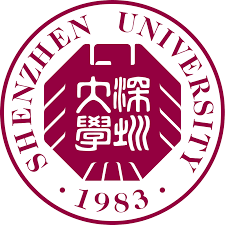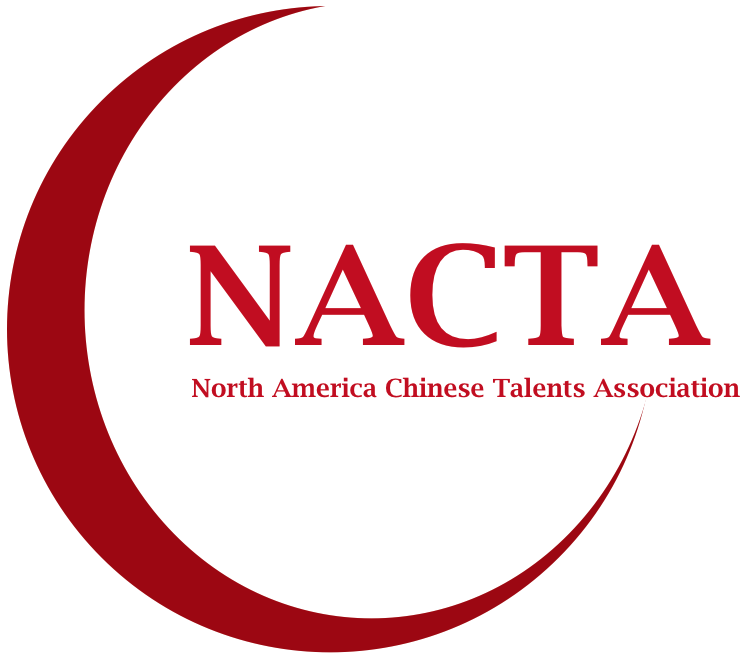International Conference on Smart Computing and Communication (SmartCom 2016)
Dec. 17th-19th, 2016, Shenzhen, China, Shenzhen University
Keynote Speakers
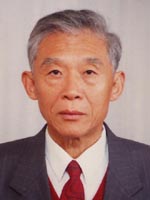
Prof. Guoliang Chen 中国科学院院士, Chinese Academy of Sciences and Academy, China |
Bio:
Chen Guoliang, born in 1938, a native of Yingshang County, Anhui Province, currently works as a professor and doctoral supervisor at the University of Science and Technology of China (USTC). Prof. Chen also serves as Dean of the School of Software Engineering of USTC, and Director of the National High Performance Computing Center at Hefei. Chen graduated from the Department of Radio and Electronics, Xi'an Jiaotong University in 1961. He joined the faculty of USTC in 1973. From 1981 to 1983, Prof. Chen undertook research and study at the Purdue University in the United States as a visiting scholar. In 2003, Prof. Chen was elected academician of the Chinese Academy of Sciences.
|
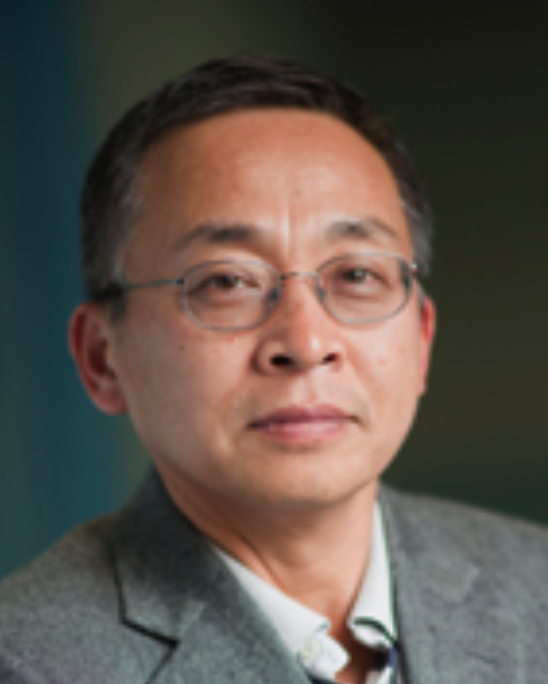
Prof. Qing Yang IEEE Fellow, Distinguished Engineering Professor, University of Rhode Island, USA |
Bio:
Qing Yang is Distinguished Engineering Professor in the Department of Electrical, Computer, and Biomedical Engineering at University of Rhode Island where he has been a faculty member since 1988. He is a director of High Performance Computing Lab (HPCL) of URI and is a recipient of 8 accomplishment awards while serving at URI such as Faculty Excellence Award, Distinguished Engineering Professor Award, Outstanding Intellectual Property Award.
His research interests include computer architectures, memory and storage systems, computer networks, embedded computer systems and applications in neural-machine interface and biomedical engineering. He has published over 100 high quality technical articles in these research fields and held over a dozen issued patents and over a dozen pending applications. Majority of his patents have been licensed to computer industry with significant practical impact. Four high tech startup companies have been formed based on his patents. His latest startup, VeloBit, was based on his newly proposed concept: Content Locality, and was successfully acquired by Western Digital in July 2013.
He has graduated 11 PhD students, of whom 4 are faculty members at major universities and others are leading researchers in computer companies such as Intel, Xerox, and EMC.
|
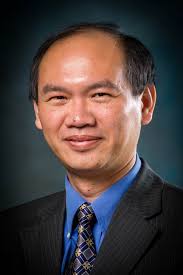
Dr. Meikang Qiu Professor, Columbia University, Pace University |
Bio:
Meikang Qiu received the BE and ME degrees from Shanghai Jiao Tong University and received Ph.D. degree of Computer Science from University of Texas at Dallas. Currently, he is an Adjunct Professor at Columbia University and Associate Professor of Computer Science at Pace University. He is an IEEE Senior member and ACM Senior member. He is the Chair of IEEE Smart Computing Technical Committee. His research interests include cyber security, cloud computing, big data storage, hybrid memory, heterogeneous systems, embedded systems, operating systems, optimization, intelligent systems, sensor networks, etc. A lot of novel results have been produced and most of them have already been reported to research community through high-quality journal and conference papers. He has published 5 books, 330 peer-reviewed journal and conference papers (including 150+ journal articles, 180+ conference papers, 50+ IEEE/ACM Transactions papers), and 3 patents. He has won ACM Transactions on Design Automation of Electrical Systems (TODAES) 2011 Best Paper Award. His paper about cloud computing has been published in JPDC (Journal of Parallel and Distributed Computing, Elsevier) and ranked #1 in Top Hottest 25 Papers of JPDC 2012. He has won another 8 Conference Best Paper Awards in recent years. Currently he is an associate editor of 10+ international journals, including IEEE Transactions on Computer and IEEE Transactions on Cloud Computing. He is the General Chair/Program Chair of a dozen of IEEE/ACM international conferences, such as IEEE HPCC, IEEE CSCloud, IEEE BigDataSecurity. He has given 100+ talks all over the world, including Oxford, Princeton, Stanford, and New York University. He has won Navy Summer Faculty Award in 2012 and Air Force Summer Faculty Award in 2009. His research is supported by US government such as NSF, Air Force, Navy and companies such as GE, Nokia, TCL, and Cavium.
|
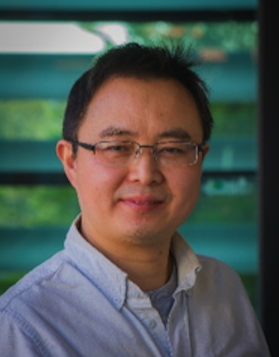
Dr. Shui Yu School of Information Technology, Deakin University, Australia |
Bio:
Shui Yu is currently a Senior Lecturer of School of Information Technology, Deakin University. He is a member of Deakin University Academic Board (2015-2016), a Senior Member of IEEE, and a member of AAAS and ACM, the Vice Chair of Technical Subcommittee on Big Data Processing, Analytics, and Networking of IEEE Communication Society, and a member of IEEE Big Data Standardization Committee.
|







